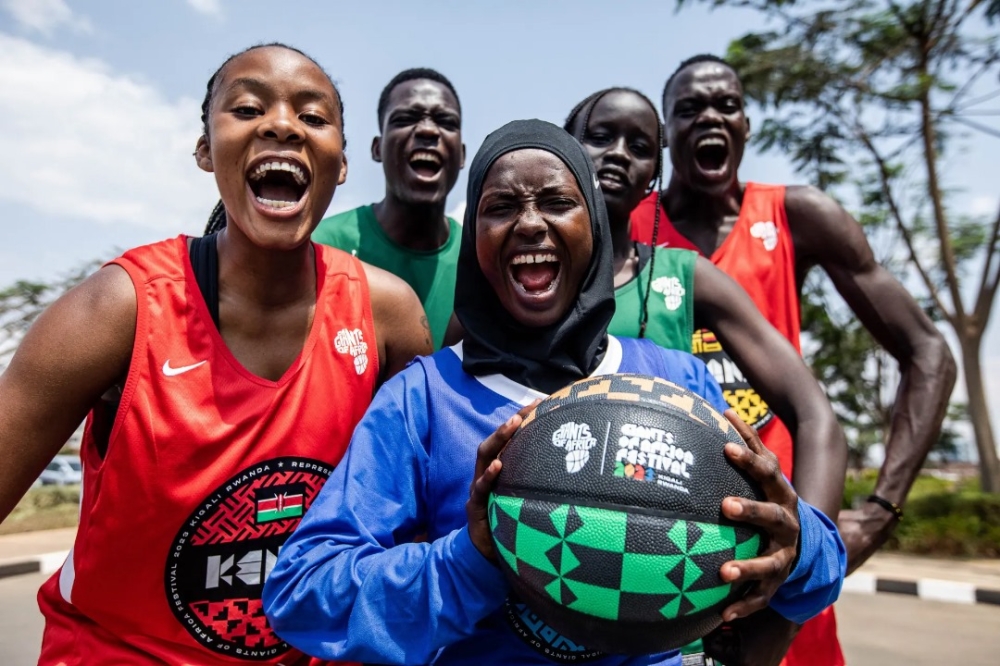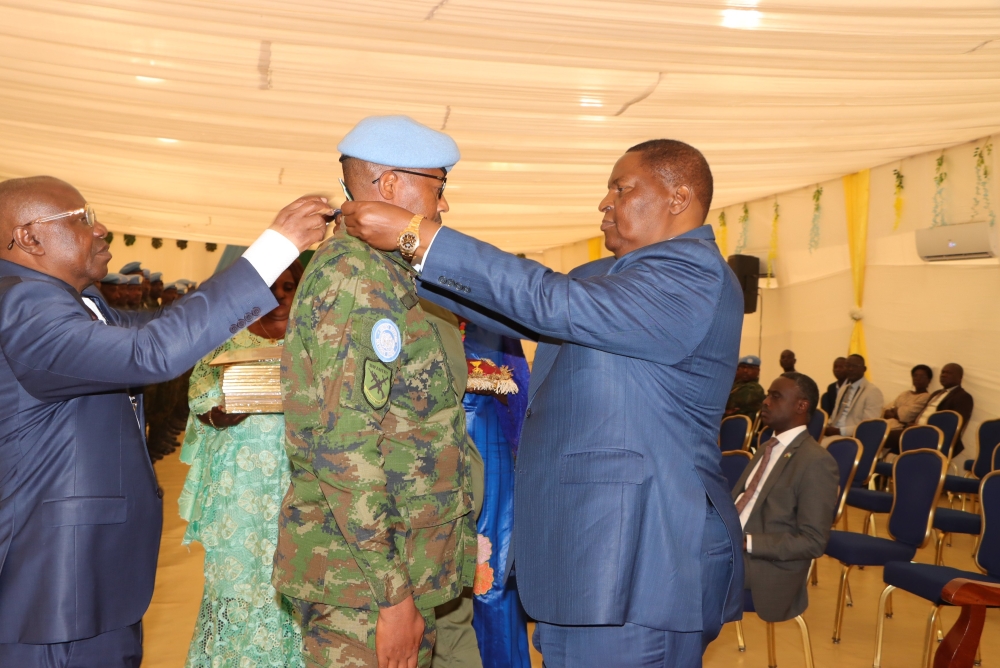The darkest hour is before the dawn; if the life of Rwanda was a day, it would be 9 in the morning. If you try to quantify what happen you are astounded. A million futures, a million dreams and a million lives, all gone, and yet we move on.


The darkest hour is before the dawn; if the life of Rwanda was a day, it would be 9 in the morning. If you try to quantify what happen you are astounded.
A million futures, a million dreams and a million lives, all gone, and yet we move on. There are stories of hope made even more hopeful by the stories of the people.
A man, who looked all around him and saw death, decided that Rwanda needed beauty and he converted his field into a garden. His neighbours laughed that he couldn’t eat the flowers but soon they came to rest in his garden, in the tranquillity where death could not penetrate.
Soon he was selling his flowers to the City Council; what started out as nurturing therapy is now a thriving business.
A man who used to carry eggs just to have the pleasure of eating one or two, eventually saved enough to buy a tray of eggs, then several trays, then a bicycle, then hired boys to do it, and then bought a van.
Now he supplies eggs to major outlets. These little stories might seem trivial but they show how every survivor will have to be helped or help themselves in different ways.
There will never be a cathartic moment when all survivors and their children finally conquer their past, it will happen in thousands of humble stories like I have mentioned. What often impresses foreigners about Rwanda is how strong people are, westerners often have nervous breakdowns over trivial matters, but a Rwandan can withstand a lot.
Our favourite saying is "ihangane.” It means "be patient, hang in there.” This ethos goes deep into who we are as a people; we believe that if we are patient and quiet then good will eventually come to us.
A Rwandan will tell you the most horrific story but it will always end with "it will all work out.” We are by nature pragmatic, we make the best out of any given situation, and we have a bigger shrug than the Gallic shrug.
We come from a fatalistic culture that was made even more fatalistic by Catholicism. When I asked a survivor the reasons for the Genocide they are often not even bothered by the reasons.
"What happened outweighs by far the reasons, there is no reason to explain it, it happened and we have to deal with it or it will happen again. It was a time for death, now it is a time for living,” a survivor said.
I commend the spirit of "Kwihangana” it can be patronising but it is the only way to survive in Rwanda. Some move past the "Kwihangana” to make better lives for themselves, but it takes a quiet righteous anger to defeat life’s obstacles.
That is what I see in the eyes of survivors, they are focusing that righteous anger into making the better life they deserve by their own sheer force of will.
Rama Isibo is a social commentator




